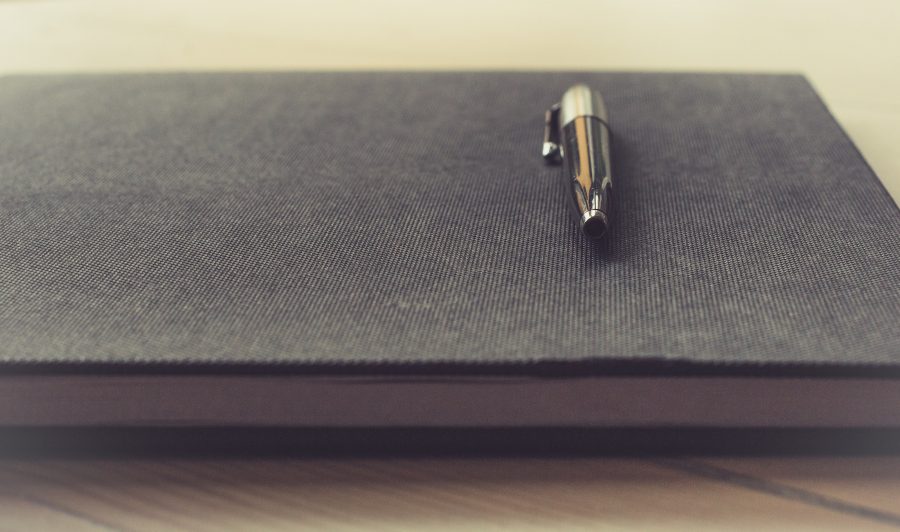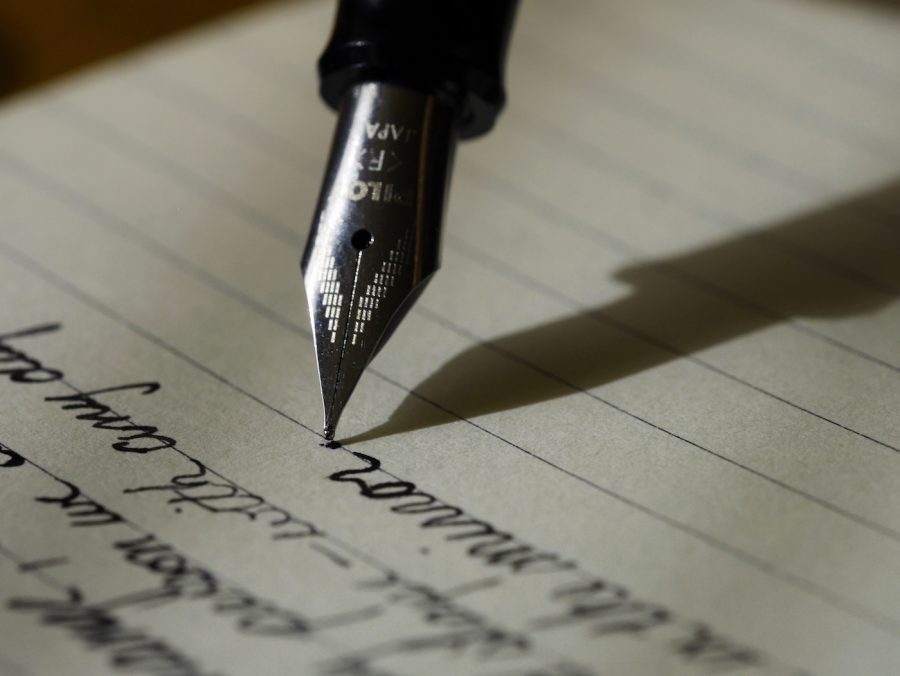Many writers and artists of all types would agree that they are their own worst critics. It is a completely normal (though unhealthy) habit to doubt anything that you put a great amount of effort into, as you often strive for perfection. Though ‘perfect’ is fairly hard to come by, creating a piece of work that you take pride in and are excited to share with the world is not. The trick is to silence that voice in the back of your mind telling you that it’s not good enough.
Writing especially can drum up a cluster of emotions that may deter you from continuing. With how much people rely on social media for validation today, that introduces an entirely new facet of acceptance that many come to crave in order to merit their work as worthy. Constantly checking to see if your blog that you just published is receiving ‘likes’ or being commented on can create an unhealthy dependence that will only hurt your chances of improving as a writer.
A great way of finding a trustworthy source of reviewers is by taking part in a writing group, whether in person or a verified online community. Sharing your work with other writers that may have more experience than you can provide you with not only valuable feedback, but lessons learned and tips you can apply to future projects. Working alongside fellow writers is a great way to build confidence and offer helpful insight into your current writing strategies and techniques, but keep in mind that being open to critique is of utmost importance for yourself as a writer.
Another highly efficient way to silence that doubtful voice in your mind is to turn off notifications on platforms that you may be posting to (as pointed out by Terri Kue on Medium). Waiting for and expecting a certain number of ‘likes’ or comments on your post is a great way to set yourself up for disappointment, whether you’ve posted on Facebook, WordPress, or Instagram. Perhaps your audience hasn’t had a chance to read it yet, but the fact that your work hasn’t immediately gone viral can eat away at you and become nothing more than a source of stress.
Start working on your next piece immediately after posting your latest work. Get your mind off the fact that it is out there waiting to be read. The anxiousness that follows is never worth your time. Focus your attention elsewhere, particularly on another blog, story, or poem. Keep pushing forward with and explore different techniques or strategies. Paying attention to how well received your last work was will only prevent you from growing as a writer.
Becoming a great writer takes time. Impatience can hinder improvement, and doubting yourself throughout will belittle your confidence. Understand that there’s only one path to becoming a better writer, and that is simply by writing more. Seeking validation via social media is not an effective way to measure your talents. Silence that doubtful voice and know that as long as you are passionate about your craft, improvement will come.











